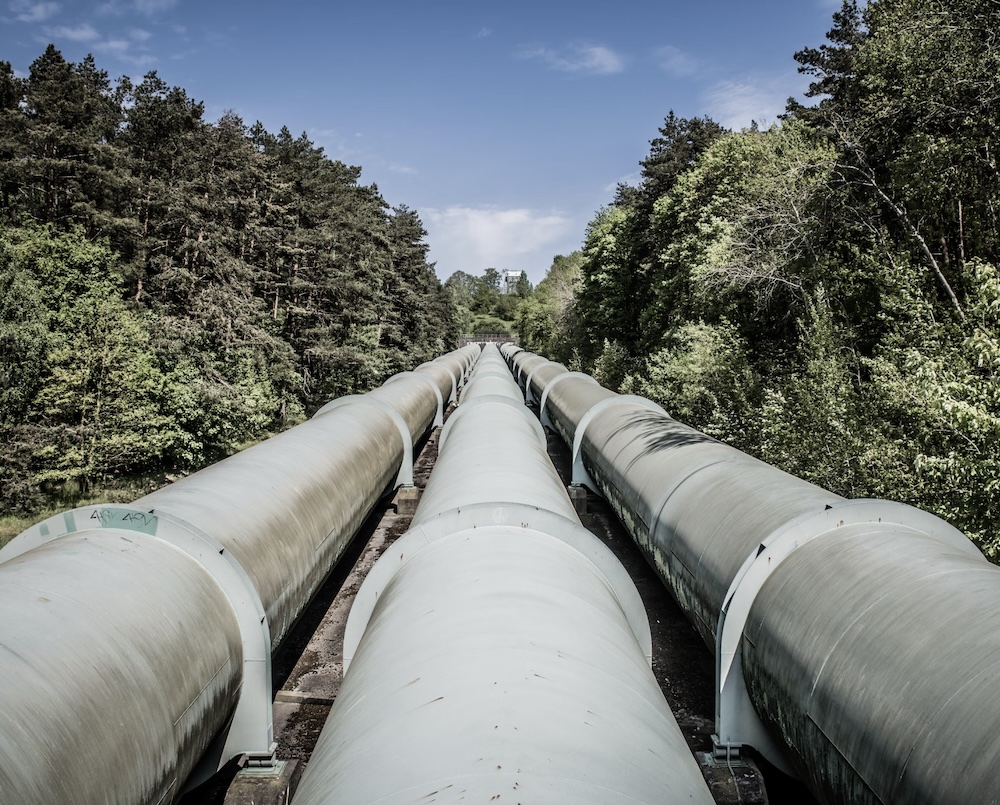Lawyers representing the environmental activist group Greenpeace have asked a judge in North Dakota to punish Energy Transfer, the developer of the Dakota Access Pipeline, for allegedly refusing to provide documents related to the company’s safety record.
A lawyer for Energy Transfer said the company had made a sincere effort to fulfil all of Greenpeace’s records requests and that a fine would deal a fatal blow to the case.
Energy Transfer filed a lawsuit against Greenpeace in 2019 over the group’s involvement in the 2016 and 2017 protests against the Dakota Access Pipeline, commonly referred to as DAPL, accusing Greenpeace of engaging in criminal behaviour and deliberately spreading false claims to damage the pipeline company’s reputation. Energy Transfer claims that Greenpeace has cost them tens of millions of dollars in damages, including damaging their relationship with the banking community.
Thousands of demonstrators flocked to south-central North Dakota in 2016 and 2017 in solidarity with the Standing Rock Sioux Tribe, who oppose DAPL because they believe the pipeline violates their sovereignty and could contaminate their water supply. Greenpeace was one of many activist groups supporting the protests.
To defend itself against allegations of damage to Energy Transfer’s reputation, Greenpeace asked Energy Transfer for documents related to spills and leaks on the company’s pipelines. This included records of any federal, state or local enforcement actions.
Greenpeace is now asking Judge James Gion of the Southwest Judicial District Court to strike Energy Transfer’s defamation claims or at least limit them so that the environmental group no longer needs the records.
‘Since they’ve already told us they won’t comply, we don’t need to wait any longer,’ Caldwell told Gion.
Energy Transfer lawyer Trey Cox called Greenpeace’s request excessive and unprecedented.
On Tuesday, Caldwell acknowledged that Energy Transfer had handed over a large amount of records, but that most of them did not relate to what Greenpeace was demanding. He likened it to asking for a hammer and getting a wrench, screwdriver, saw and paintbrush.
In court filings, Greenpeace said that most of the documents Energy Transfer gave them were provided in May, just weeks before the case was due to go to trial. As a result, Greenpeace asked for the hearing to be postponed. The hearing is scheduled for February.
Greenpeace argued in court records that Energy Transfer did this deliberately to prolong the legal battle.
Greenpeace also asked Gion to compensate the environmental group for the time and money Energy Transfer spent on this evidence dispute.
The Dakota Access Pipeline, completed in 2017, carries crude oil from northwest North Dakota to Illinois.
Canada Reviewing Request to Impose Sanctions on Hikvision and Other Chinese Surveillance Companies







